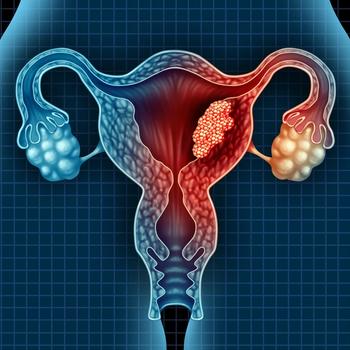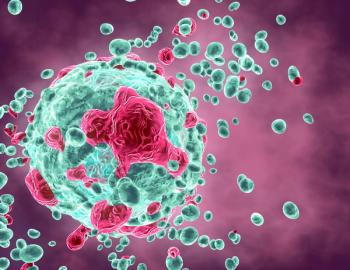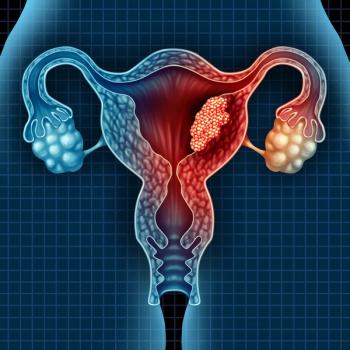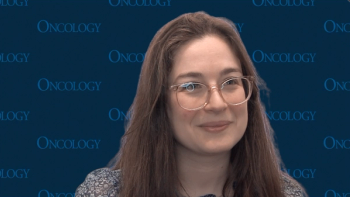
Everolimus Plus Letrozole Effective in Endometrial Carcinoma
Findings from the GOG-3007 study suggest everolimus plus letrozole might be effective in advanced persistent or recurrent endometrial carcinoma.
Everolimus plus letrozole might prove to be an effective treatment option for women with advanced persistent or recurrent endometrial carcinoma, findings from the open-label, noncomparative phase II GOG-3007 study from the Gynecologic Oncology Group suggested. Results were presented at the 2018 Society of Gynecologic Oncology Annual Meeting on Women’s Cancer, held March 24–27 in New Orleans, Louisiana.
Response rates were higher and progression-free survival (PFS) was longer among chemotherapy-naive patients, reported Brian M. Slomovitz, MD, MS, FACOG, of the University of Miami Sylvester Comprehensive Cancer Center in Miami, Florida.
Recurrent endometrial cancer is a challenging disease with few effective treatment options; paclitaxel has been associated with a response rate of 25%, and bevacizumab has been reported to yield a response rate of 14% in these patients.
Everolimus is a selective inhibitor of mammalian target of rapamycin (mTOR). The phosphoinositide-3 kinase pathway is involved in tumor growth as well as cancer cell proliferation and survival, and it indirectly upregulates mTOR. The authors sought to explore the efficacy of everolimus in combination with the aromatase inhibitor letrozole among patients with advanced persistent or recurrent endometrial cancer who were chemotherapy-naive or had previously received chemotherapy.
Patients were enrolled in the study between February 2015 and April 2016. They were randomly assigned to receive everolimus and letrozole in combination (n = 37) or hormonal therapy with tamoxifen/medroxyprogesterone acetate (n = 36).
The study was not designed to compare the efficacy of the two regimens, Dr. Slomovitz cautioned.
At a median follow-up of 14 months, median overall survival could not yet be calculated for the everolimus/letrozole group and was 16.6 months in the hormonal therapy group. Median PFS was 6.3 months for the everolimus/letrozole group and 3.8 months for patients receiving hormonal therapy.
Among patients in the everolimus/letrozole study group, those with no prior chemotherapy had a median PFS of 21.6 months, compared with 3.3 months among patients who did have prior chemotherapy. In the hormonal therapy group, those with no prior chemotherapy had a PFS of 6.6 months, compared with 3.2 months among patients who had received prior chemotherapy.
Adverse event rates were similar for both groups overall. However, 24% of patients in the everolimus/letrozole study group experienced grade 3 or higher anemia and 14% experienced grade 3 or higher hyperglycemia, whereas anemia and hyperglycemia were seen in 6% and 3%, respectively, of patients receiving hormonal therapy. Thromboembolic events might occur more frequently among patients on hormonal therapy, but the observed difference (8% in the hormonal therapy group and 0% in the everolimus/letrozole group) did not reach statistical significance, Dr. Slomovitz said.
In light of the recent study findings, Dr. Slomovitz called for additional research into everolimus and letrozole for chemotherapy-naive patients with endometrial cancer.
Newsletter
Stay up to date on recent advances in the multidisciplinary approach to cancer.




































